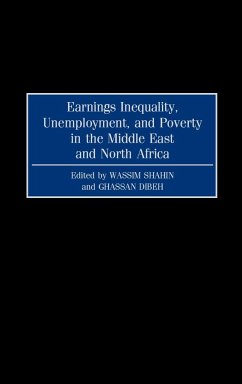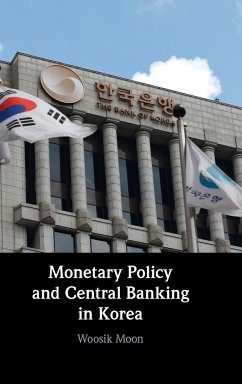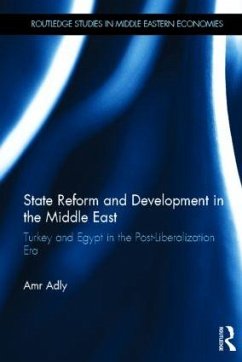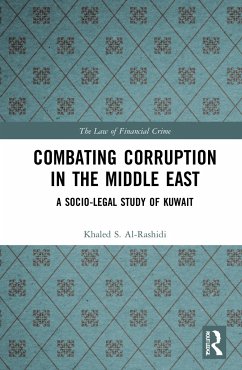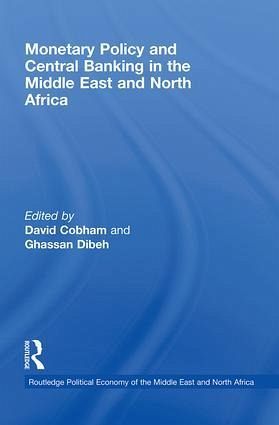
Monetary Policy and Central Banking in the Middle East and North Africa
Versandkostenfrei!
Versandfertig in 1-2 Wochen
55,99 €
inkl. MwSt.
Weitere Ausgaben:

PAYBACK Punkte
28 °P sammeln!
This book examines monetary policy, central banking and exchange rate regimes in the Middle East and North Africa. Part I covers central banking and monetary policy, while Part II covers monetary policy and exchange rate regimes. Some chapters focus on the monetary frameworks of particular countries, including Lebanon, Algeria, Syria, Tunisia, Morocco, and Turkey, outlining the different systems operated in each case, considering their successes and failures, and discussing important issues such as government policy, macroeconomic performance, inflation and inflation targeting, central bank in...
This book examines monetary policy, central banking and exchange rate regimes in the Middle East and North Africa. Part I covers central banking and monetary policy, while Part II covers monetary policy and exchange rate regimes. Some chapters focus on the monetary frameworks of particular countries, including Lebanon, Algeria, Syria, Tunisia, Morocco, and Turkey, outlining the different systems operated in each case, considering their successes and failures, and discussing important issues such as government policy, macroeconomic performance, inflation and inflation targeting, central bank independence and the impact of broader political economic developments on the conduct of monetary policy. Other chapters cover thematic issues across the whole region, including: central bank independence, operations of debtor central banks, the effect of exchange rates on inflation, and the effect on countries' trade of alternative exchange rate regimes. Drawing on the insights of scholars and policy-makers, this book is a vital resource for anyone wanting to understand the economies of the Middle East and North Africa.






